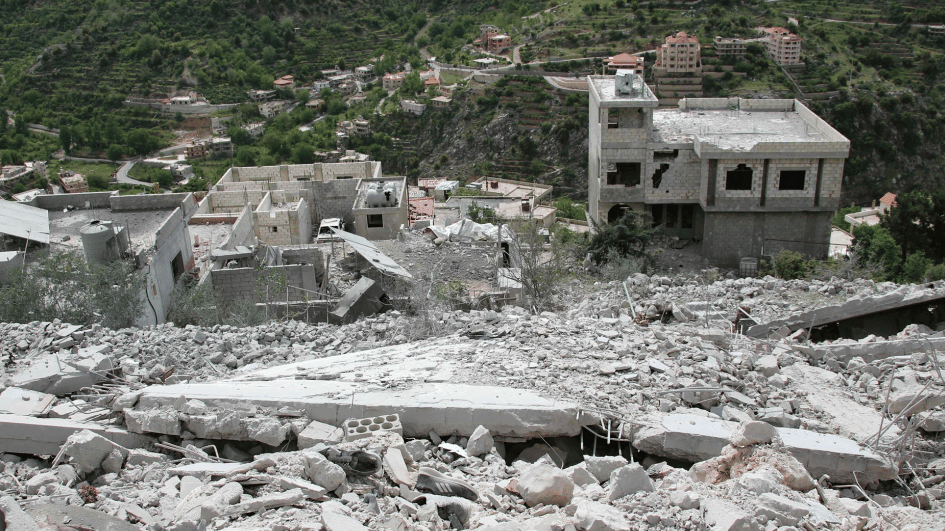A country where dying and killing are this easy
İSMET BERKAN
While police are everywhere in town, while the police are chasing activists in every street, let’s think how possible it is for Ali to have been beaten to death by “unidentified people” without even one policeman seeing this.There is an essential difference between the police and the military. The police are the “law enforcement power.” In other words, the state has laws and the police are the establishment that possesses the power to implement these laws, by force if required.
The laws of the state have also given the duty of providing security of life to the police because laws promise that to the citizen. When required, the police protect the life security of citizens from other police. To be a police officer does not mean freedom to commit crimes.
If there is a police officer who witnessed Ali’s beating and did not interfered, that officer is at least guilty of “neglect of duty.”
In a city like Eskişehir, where the downtown is relatively small, Ali cannot be the only victim of the group with bats “who were able to hide from police.” As a matter of fact there are witnesses confirming this. That bat-wielding group had not just come out for five or 10 minutes and only beaten Ali; there are other victims also.
The first grave side of the incident is this: Those bat-wielding men escaped the eyes of the army of policemen at Eskişehir.
There are people who think – who claim – that the offenders were the police themselves, you know. Also, there is the Governor of Eskişehir who goes as far as saying that Ali was beaten by demonstrators just to incriminate the police.
However, the issue does not finish with Ali being beaten. Because of the Gezi incidents, hundreds of people were beaten everywhere in Turkey, mostly by the police. One person took a huge and sharp meat cutting knife in his hand and chased citizens on the street. Plain clothes policemen with sticks in their hands have been documented in Antalya and İzmir.
Let’s continue with Ali’s death story. Ali went to the hospital. According to official records, with a “shoulder and headache” complaint. The doctors examined him and said, “You are fine, go home;” whereas even by looking at the photographs of Ali it is clear that he was not fine. How did those doctors eliminate the possibility of a brain concussion; what kinds of tests did they run?
Exactly 20 hours after this first hospital visit, Ali was hospitalized. This time he had brain hemorrhage, he soon went into a coma and was not able to come out of it; he died the other day.
Ali’s death is an example showing how cheap human life is and how easy it is to die under the surveillance of the state.
Have no doubt; this murder will be an “unresolved” one. Just like the other three young people killed because of the Gezi incidents… Only in Ethem Sarısülük’s case do we know who killed him; that person will probably be acquitted by the supreme Turkish justice.
Those who say, when it is appropriate, “The one who kills one person kills the entire humanity;” are they sorry for Ali’s death; have they been sorry for Ali’s death?
Is the price of protesting the government being beaten to death on the street? Is politics a more important thing than the life of Ali, killed when he was 19 years old?
İsmet Berkan is a columnist for daily Hürriyet in which this piece was published July 12. It was translated into English by the Daily News staff.











